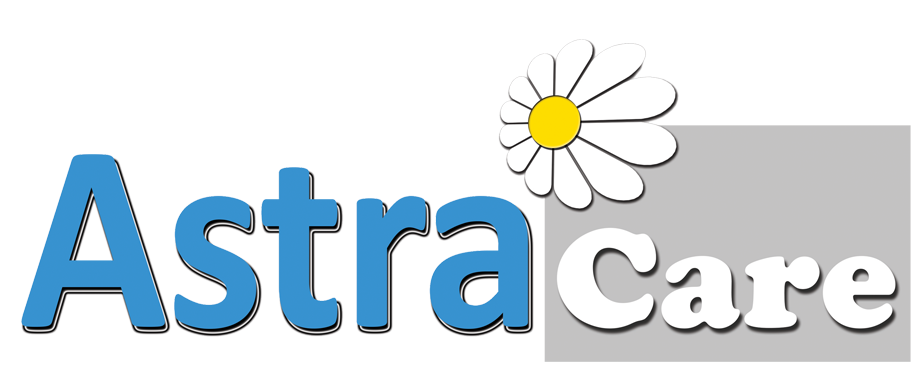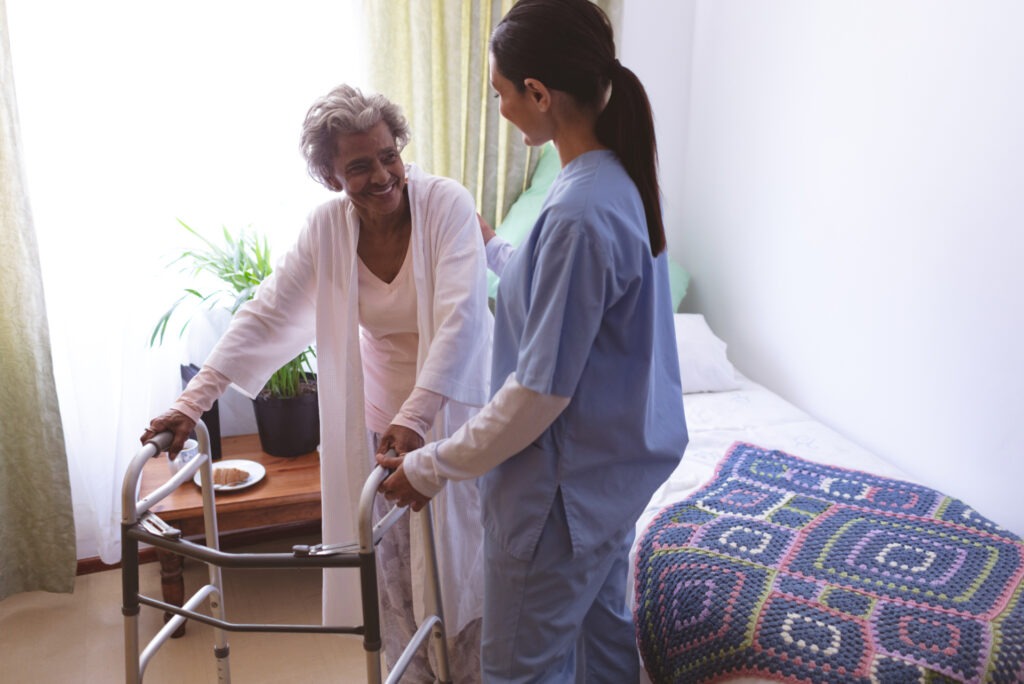Hire A Company With A Team Of Highly Skilled And Caring Professionals
The most essential tool in your recovery is choosing a highly skilled in-home care team capable of implementing all essential tools to support, encourage and assist with all of the in-home recovery. At AstraCare we provide the most qualified, trained and caring health care professionals available for 24-hours a day, 12-hours daily or whatever your needs are. AstraCare will work with your physicians and hospital professionals from the moment of discharge in order to arrange a seamless transition back to your home.
Understand And Implement The Modifications Necessary To Safely Transition Your Loved One Back Into The Home
AstraCare’s team of highly skilled professionals will work with social services in order to safely modify your home. AstraCare will coordinate with an Occupational Therapist to make all necessary and safe modifications; such as, does the patient need a hospital bed? Do we need to remove excess furniture for a more open passageway? All of these modifications can be supervised and implemented by our professional staff. AstraCare will make sure we have bathroom bars, a walker and or cane, wheelchair if needed.
Understand Rehabilitation Goals As Prescribed
Studies show that more than 4 million stroke survivors experience difficulty walking making it essential to implement an in-home rehabilitation program as soon as possible; it is extremely important to have the most qualified team surrounding you. Your AstraCare team will follow your doctors prescribed plan of treatment which may include physical, occupational and or speech therapy. Following the routine, keeping all appointments and reinforcing in-home strength and balance training with your AstraCare professional can shorten the length of time for your recovery.
Emotional Support
It is essential to remember that not only does the stroke patient experience fear and grief of their unknown future and the changes in their body, but their loved ones may experience fear and grief as well. Being cared for in your home by AstraCare is an added benefit to the stroke patient, who can feel safe in a familiar, non-threatening environment which can help the patient maintain a positive attitude helping them recover some skills more quickly. It can also, help their loved ones maintain a positive attitude. Keep an open line of communication; talk about the changes, your fears, worries and needs. It is not uncommon for a stroke survivor to fall into a depression, so speak with your medical professional about the possibilities of medication or therapy. An AstraCare trained professional will observe the mood of your loved one daily, will engage them in safe conversations and support them at their weakest moments. It may be necessary for the patient or loved ones to find outside resources, such as support groups for additional support and guidance.
Healthy Lifestyle And Diet
Strokes can be a direct result of an unhealthy lifestyle, stress or bad eating habits, so it’s important to meet with your doctor to decide on a healthy diet that will work in preventing secondary strokes, reduce high cholesterol and help lower blood pressure. Your AstraCare professional will help with grocery shopping, meal preparation, serving food and, if needed, feeding. Reducing the amount of fat and sodium will be strictly observed while encouraging healthy foods and adequate fluids. Encouraging your doctor prescribed daily exercises can facilitate a speedier recovery and lower the chances of future strokes. The risk of a second stroke or TIA remain high for the first 5 years, so having your AstraCare aide be trained in the signs to watch for is imperative.
RN Supervision
Once you make the decision to go with the highly skilled team at AstraCare our Registered Nurse is involved with all aspects of care. AstraCare’s RN will immediately communicate with the loved ones to help them adjust to the changes in their lives. A free, confidential nursing assessment, history and medication review is provided and a copy of the medication sheet is left in the home. This medication sheet can be brought along to all medical visits as well as assist our AstraCare team and family. A Plan of Care is done by the RN in conjunction with the doctor and left in the home to help the caregiver. The AstraCare RN is available by phone 24 hours-a-day or for necessary in-home visits. AstraCare’s RN can help find and make appointments with specialty doctors, or can provide comforting support to the stroke survivor and their loved ones. At AstraCare you are not alone during this time and our RN can help you navigate through the journey.










